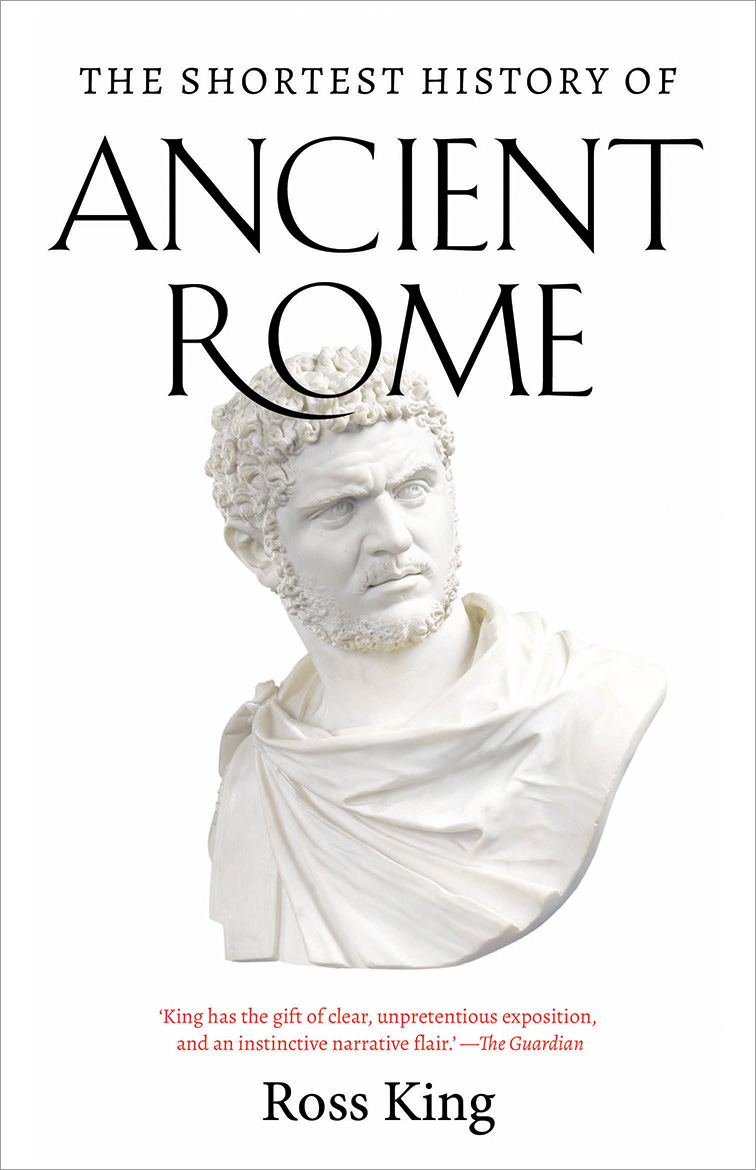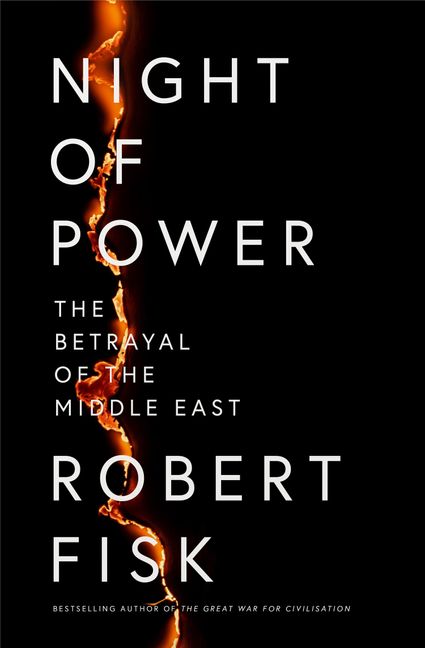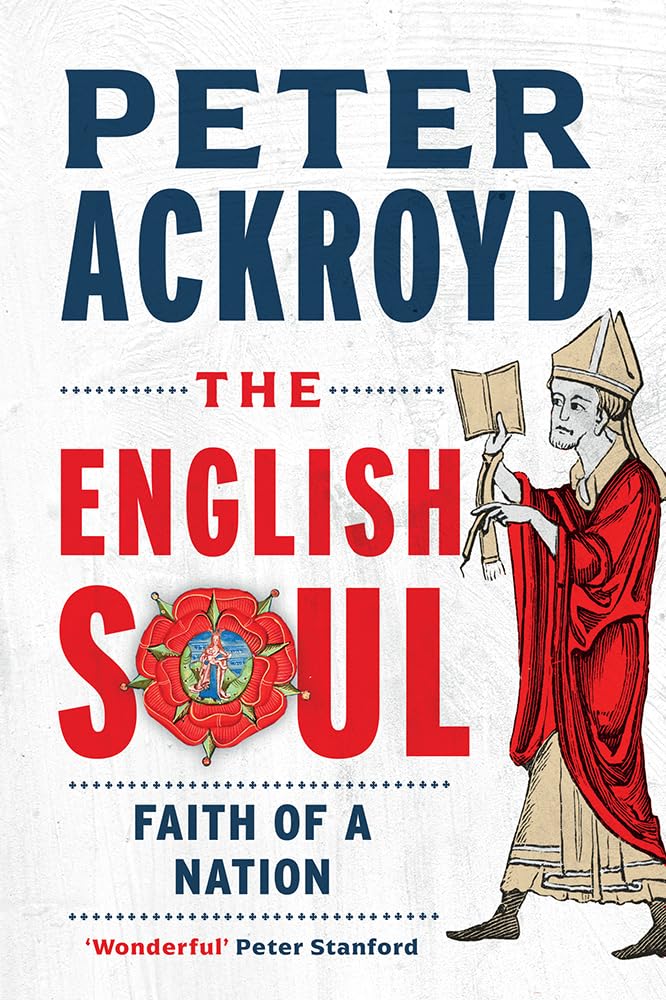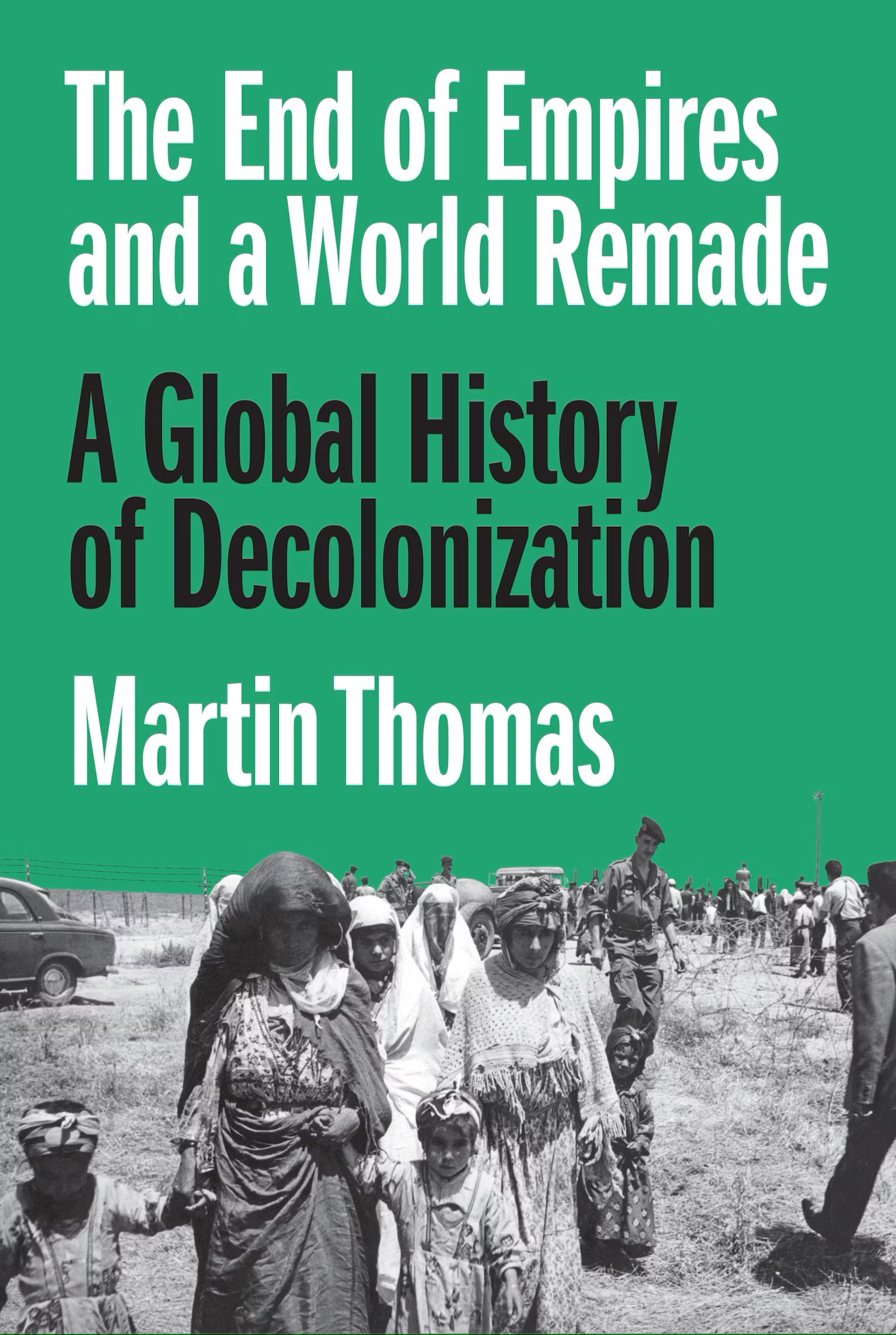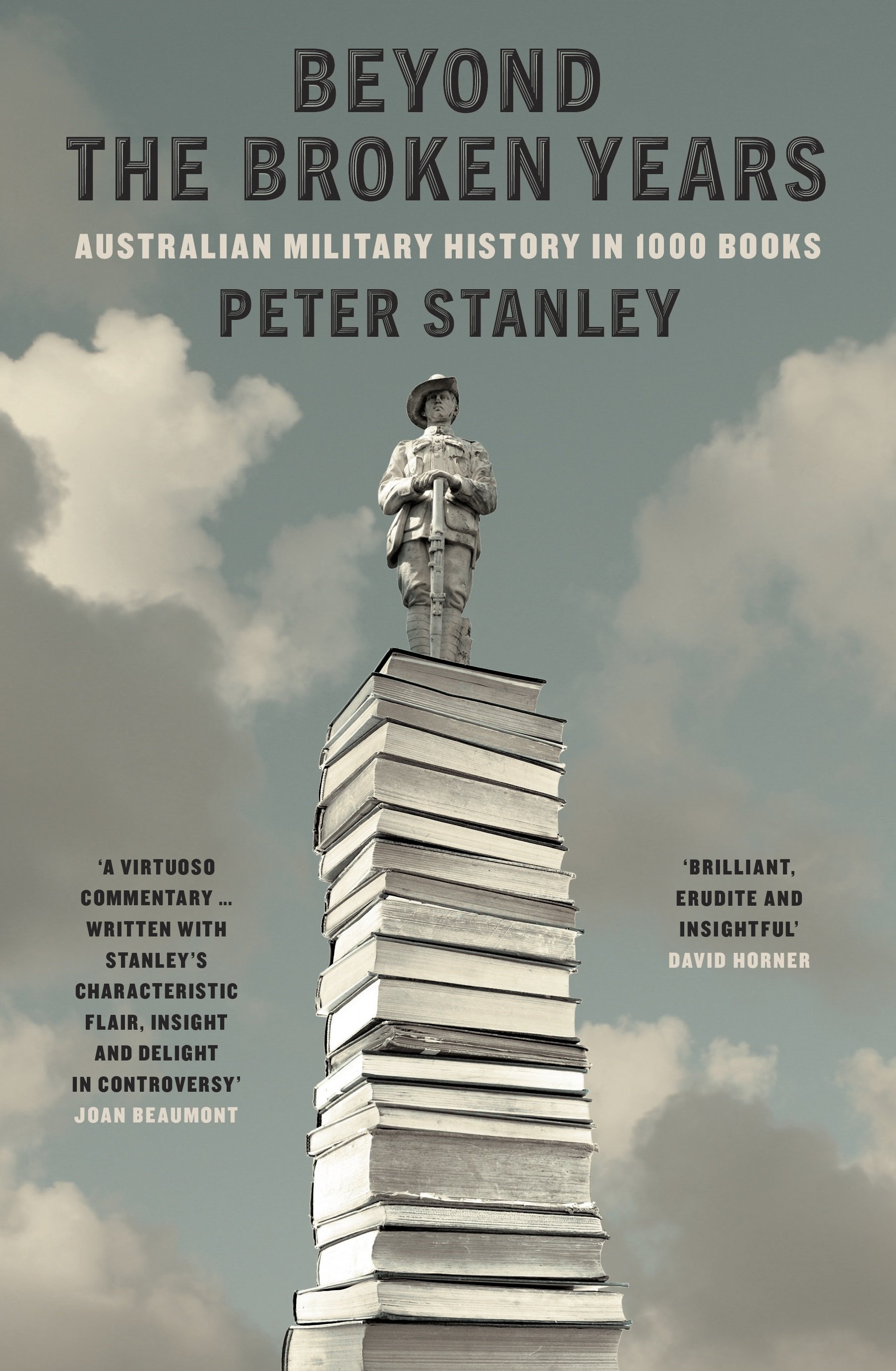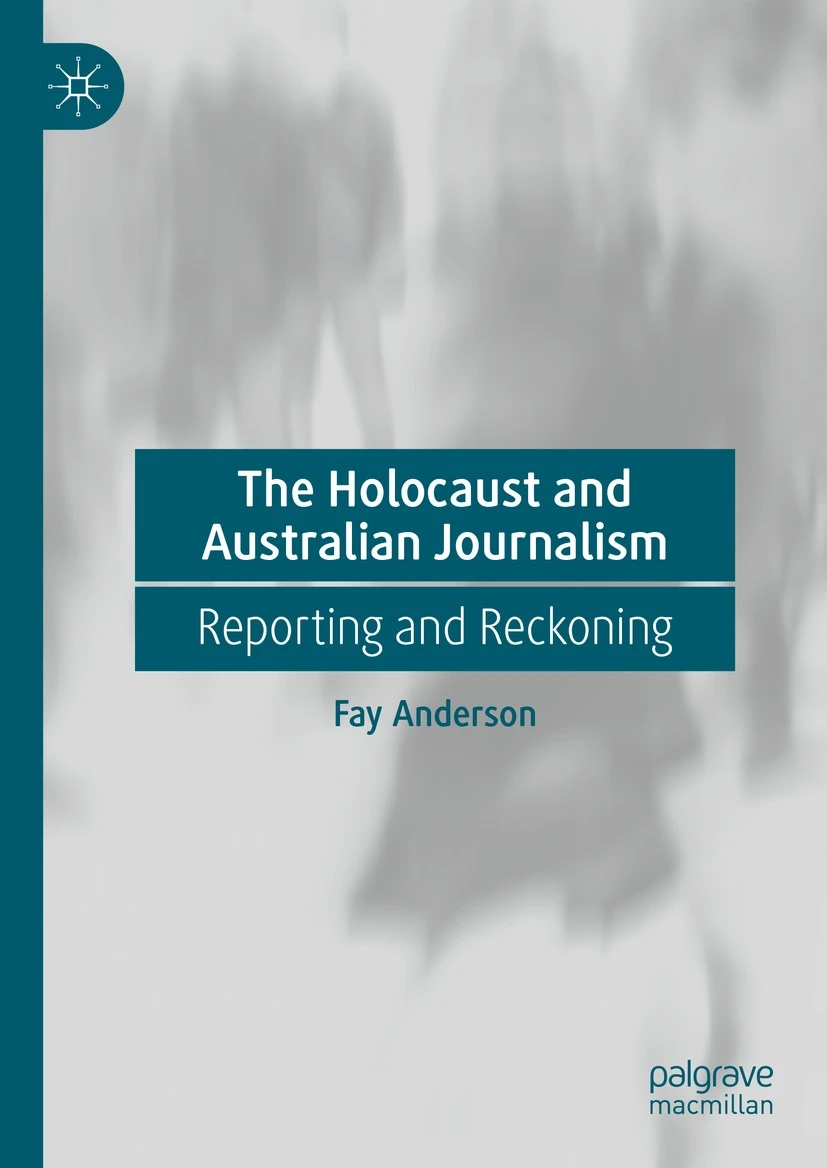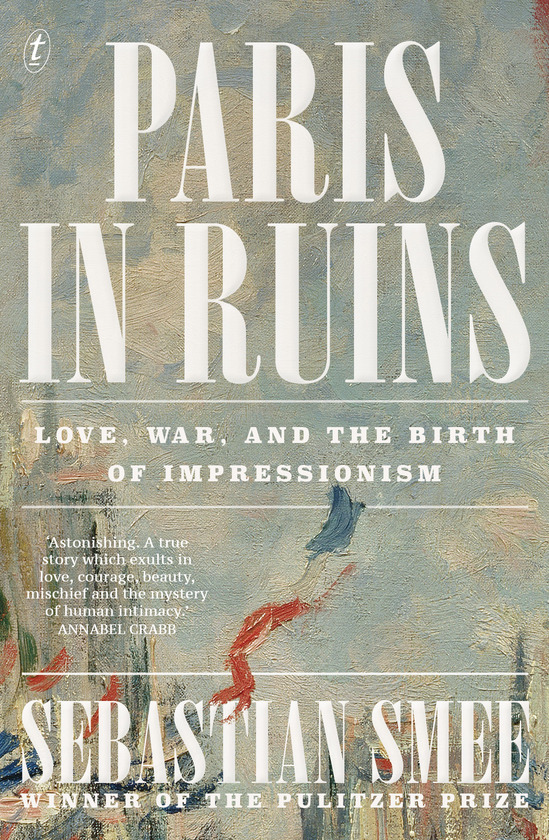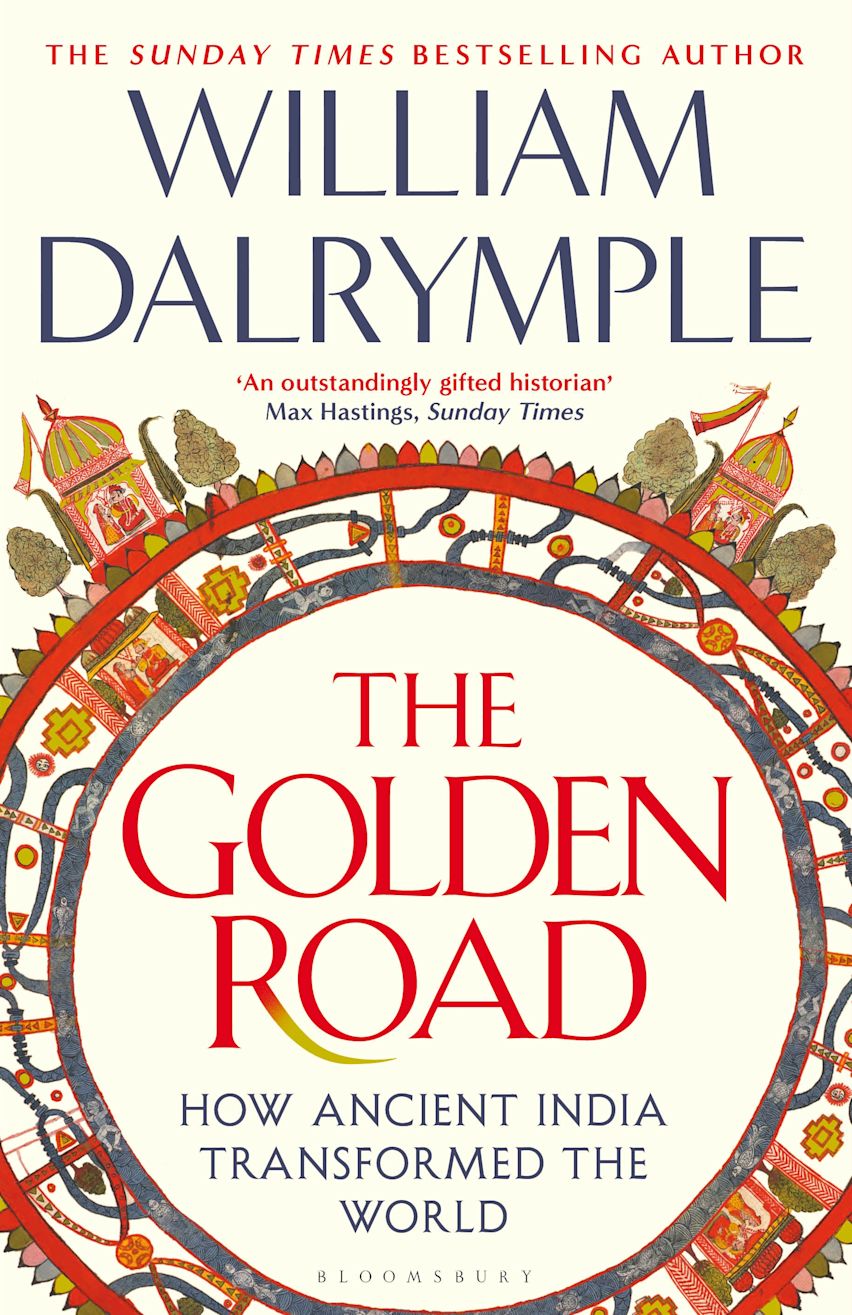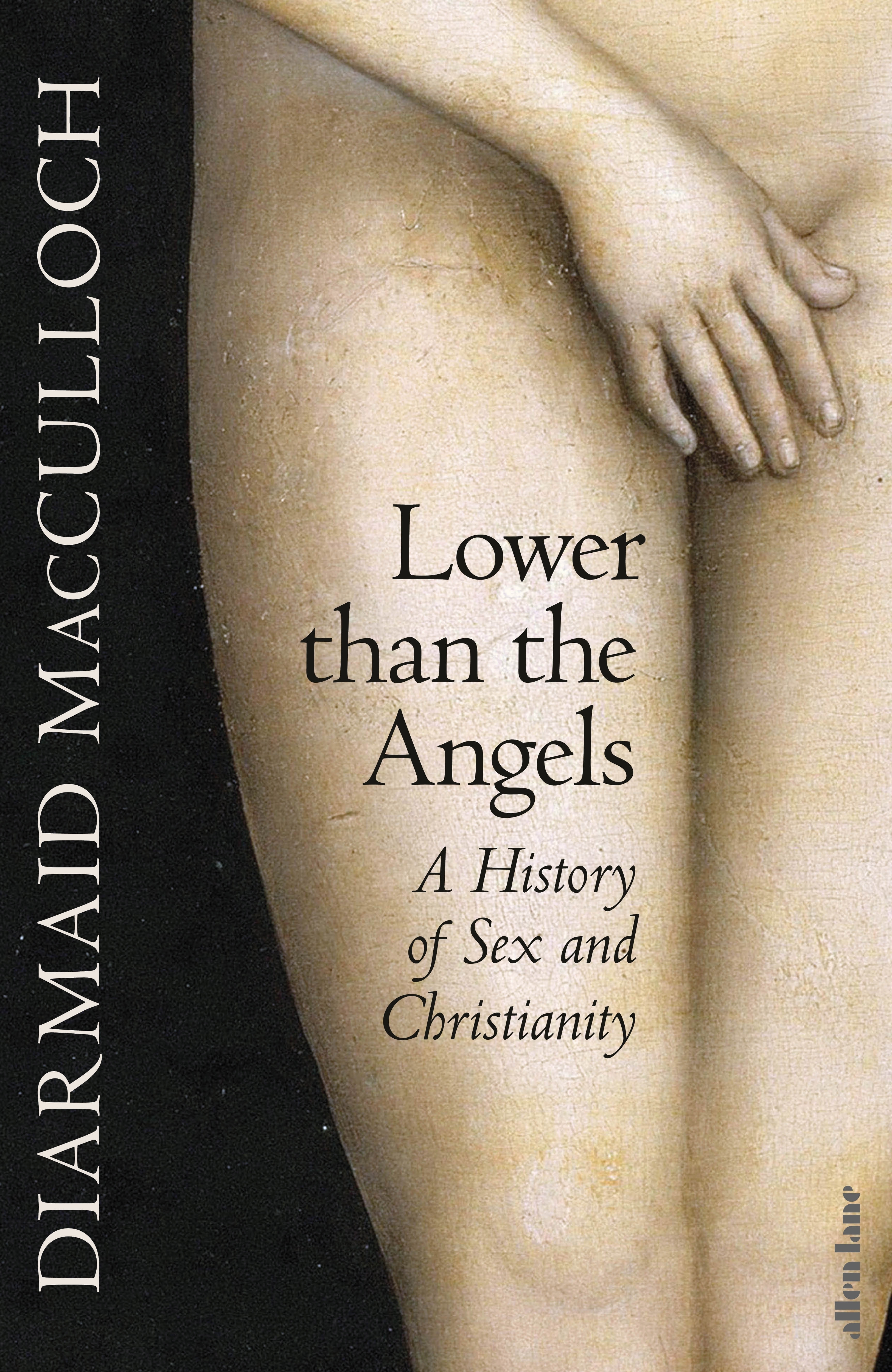History
The Shortest History of Ancient Rome by Ross King
In September 2023, ancient Rome became the focus of a viral social media trend. Women were encouraged to ask men how often they thought about the Roman Empire. The results were emphatic. It became apparent that many men thought about the Roman Empire frequently. The enduring fascination with the Romans should not be surprising; they continue to have an impact on our lives every day.
... (read more)Night of Power: The betrayal of the Middle East by Robert Fisk
Robert Fisk was one of a few journalists who could rightly be described as a legend in his lifetime. Anyone with a passing interest in the Middle East over the past fifty years will certainly know his name and will probably have come across some of his reporting. Serious students of the region will have read his books. British-born, Fisk was mostly based in Beirut from 1976 until his death in 2020, during which time he covered all the wars – and horrors – of the greater Middle East. What he witnessed infuriated him; seething anger permeated his writing.
... (read more)The English Soul: Faith of a nation by Peter Ackroyd
The English Soul is a history of Christianity in England from the Venerable Bede to the present, a period of roughly 1,400 years. Its enthralling journey leads us from the medieval mystics, including Julian of Norwich, through the torments of the English Reformation and the exhilarating spread of revivalist and evangelical movements in the eighteenth and nineteenth centuries, to the charismatic Christian movements of more recent times. If the narrative that emerges is principally that of the Established Church and the creation of its High and Low denominations, it is also one that encounters a shocking array of sects and seekers, doubters and dissenters, ranters and ravers, along the way.
... (read more)The End of Empires and a World Remade: A global history of decolonization by Martin Thomas
The End of Empires and a World Remade is Martin Thomas’s magnum opus. Subtitled ‘A global history of decolonisation’, it is more than 600 pages long, of which nearly 300 pages consist of Notes and Bibliography covering more than 2,000 articles and books. The overwhelming majority of these were published in the twenty-first century – an indication of the burgeoning academic interest in decolonisation.
... (read more)W.E.H. Stanner’s coinage ‘the great Australian silence’ must be one of the best known in Australia’s modern history. It must also rank alongside Donald Horne’s ‘the lucky country’ as one of the least understood.
There is nothing remarkable about this phenomenon. The way a text is received by readers and listeners is seldom in keeping with its creator’s purpose or intention. This is so for several reasons. Most importantly perhaps, any text is open to being read in multiple ways, and in the case of canonical texts like Stanner’s that reception is usually fundamental to its impact.
... (read more)Beyond the Broken Years: Australian military history in 1000 books by Peter Stanley
Resembling the memorials seen all over Australia, a slouch-hatted digger stands atop an obelisk, his hands resting on a service rifle. However, this obelisk is not made of granite or marble but a pile of books ascending skywards. The cover of Peter Stanley’s penetrating critique of Australian military history, Beyond the Broken Years, is a telling, if reductive, visual conceit, suggesting the instrumental role played by historians in placing the soldier on a pedestal.
... (read more)The Holocaust and Australian Journalism: Reporting and reckoning by Fay Anderson
‘The Nazis are coming, Hurrah! Hurrah!’ wrote an excited young journalist, Ronald Selkirk Panton, to his parents the same month that Adolf Hitler was elected chancellor of Germany, the same month that Dachau was created, and the same year that the racial laws against Jews and other minority groups were enacted. Panton was one of a small but enthusiastic cohort of Australian journalists who went to Europe and filed stories about the Nazi dictatorship and the persecution of Jews. Most did not share Panton’s admiration for Hitler. Indeed, as Wilfred Burchett, one of the more political among them, later recalled, he found journalism about Hitler and Nazism elusive in Australia, amid ‘horrifying distortions’ of Hitler as a ‘man of peace’.
... (read more)Paris in Ruins: Love, war, and the birth of Impressionism by Sebastian Smee
No movement in the history of art is so beloved as that which we label ‘Impressionism’, and no artists’ names are as familiar as those of its stars: Manet and Monet, Pissarro and Morisot, Degas and Renoir. But why did Impressionism blossom at a particular moment in Paris and in that form? Sebastian Smee’s brilliant new book offers compelling answers.
... (read more)The Golden Road: How ancient India transformed the world by William Dalrymple
William Dalrymple’s tour de force avoids all the pit-falls of superpower competition, identity politics, and over-simplification, but nonetheless places Indian cultural and economic achievements at the centre of the changing worlds of the West and Asia from c.250 bce to 1200 ce. The Golden Road: How Ancient India transformed the world explains how and why Indian influence in China reached a high-water mark ‘never to be reached again’ during the reign of Empress Wu Zetian (the Fifth Concubine), who died at the age of eighty-one in 705 ce, having ruled China for some fifty years.
... (read more)Lower than the Angels: A history of sex and Christianity by Diarmaid MacCulloch
Christians so often have problems with sex these days. Australians saw this when, during the Marriage Law Postal Survey, the Anglican Archbishop of Sydney begged them to uphold a ‘biblical definition’ of marriage – if there were such a thing. Representatives of every denomination fret endlessly over their responsibility for enabling the sex offenders and abusers of children who were hidden in plain sight in their midst. That some do this even as they fulminate against overt sexual expression in the public sphere (the Paris Olympics opening ceremony anyone?) makes them seem even more out of touch.
... (read more)
